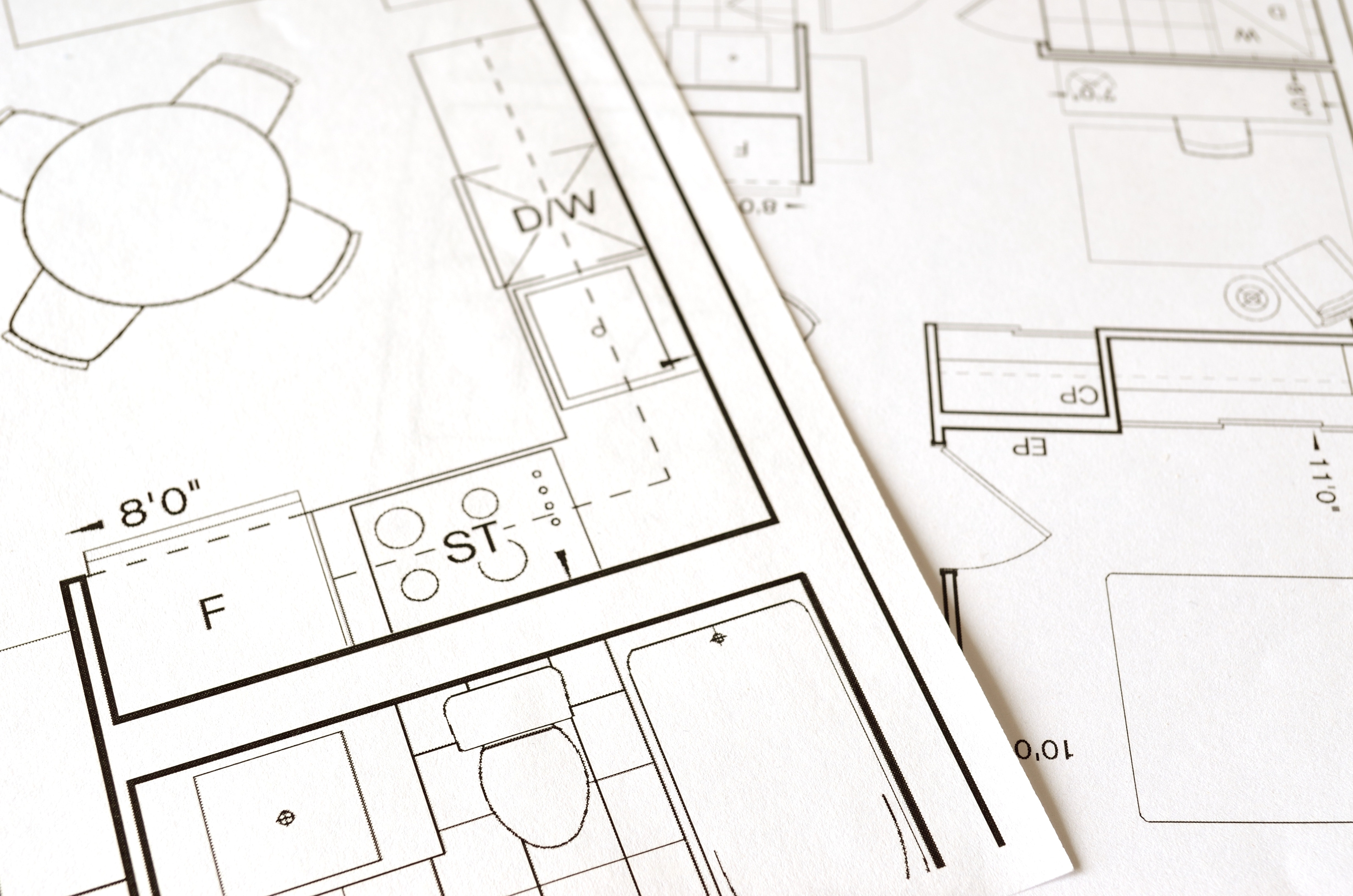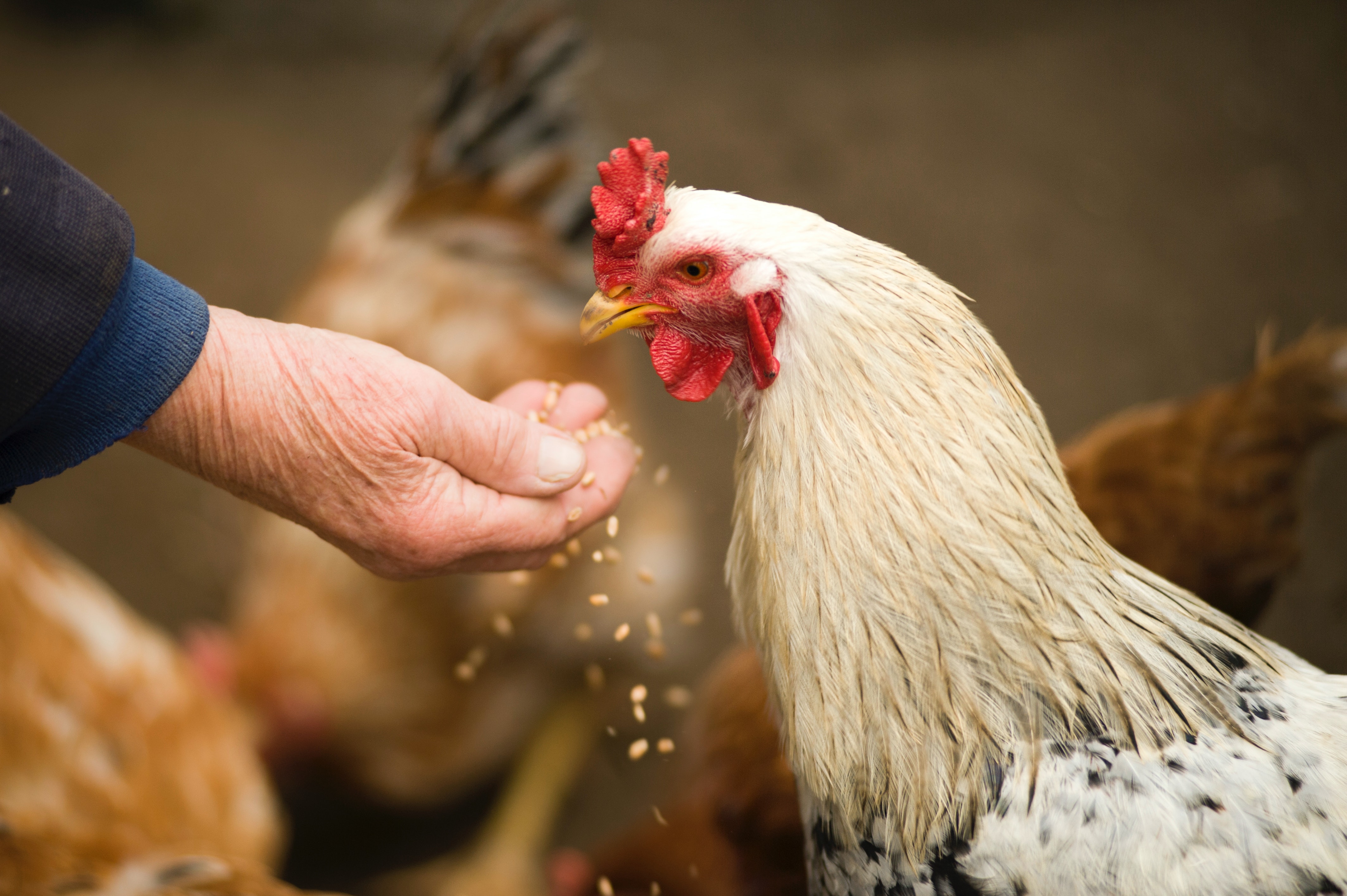A collection of pandemic related stories from alumni about the uncertainty faced in businesses.
“Corona Construction Boom” by Mark Troyer (’80,’81,’84), Plain City, Ohio
We started 2020 with an uptick from the usual wintertime phone calls for remodeling and home improvements. We even signed a proposal for the largest and most elaborate outdoor-living space we had ever quoted on. Then along came the pandemic. At first it appeared that every business would be shuttered. Then we learned that our work was considered “essential infrastructure.” By that time our clients had removed their outdated rear exit and patio and were eager for us to proceed. It was a huge blessing to see that project move forward instead of cancel out. We never slowed down all year and even showed a considerable increase.
I think there were two pandemic-related things that probably improved our business. Firstly, people were home more and wanted to complete remodeling jobs they’d been postponing. Secondly, people were spending less time and money on vacations, so the ones who kept their jobs had more expendable income to put towards home improvements.
“Building a Home of our Own — on our Own” by Lowell (’91) and Dorothy Miller (’94), Wellman, Iowa
Spring of 2020 found me (Dorothy) recovering from a lengthy illness filled with multiple hospitalizations and surgeries. Then God answered our family’s prayers by fulfilling a long-time dream of getting land to build a home of our own. Because of Lowell’s job at a lumber yard, he was able to order the needed supplies before the prices shot up. This saved thousands of dollars. Building the house on our own with the help of our teen/tween children helped us avoid all the extra precautions needed to allow others into our spaces. Though not always pleasant, it also provided time for learning and doing things together as a family. We all know a whole lot more about lumber, plumbing, and paint then we did a year ago.
God blessed us abundantly in the building process by helping us find good water when there wasn’t supposed to be much, by gifting me with improved health, and by keeping us all safe when four out of five of us came down with COVID the week we were planning to move into our new home. He has truly refreshed our family in these very dark times.

“Quilt Kit Sales Skyrocket” by Ellis Stutzman (’74,’77), Lebanon, Oregon
The biggest impact on our lives was in my wife Sue’s business. She sells quilt kits, and ships them all around the world. (whims.cc). Last spring orders started to gradually increase beyond normal. Soon business had increased by a significant amount. It was not hard to conclude that many quilters and crafters were looking for “projects.” That has been positive to Sue’s bottom line which was a very nice surprise. It seems that whenever there is a major event, some win, some lose. We are fortunate, but at the same time feel dreadfully sorry for the thousands of businesses that won’t make it.
“Grass Seed Sales Soar” by Daniel Schrock (’78), Harrisburg, Oregon
I work in the grass seed industry, and when the economy started shutting down we wondered if we would be considered essential. And even if we were, would retailers be able to stay open and sell seed? With very few exceptions, after a two-week pause, business resumed and even boomed. It seemed that since people couldn’t travel and many are laid off but getting unemployment checks, they had more time on their hands and decided to spruce up their yards, decks, and patios. Not only were grass seed sales good, but vegetable seed sales also soared. Business turned out to better than usual!

“Farmers Keep Supply Chain Going” by Loren Stoner (’03), Fredericksburg, Pa.
I’m a chicken grower, and last year we felt the effects of the pandemic first-hand. The chicken processing plant I’m contracted with threatened to close down, but other growers and I stepped in to help run the plant. This meant the chickens we’d raised could continue to be processed and were not just disposed of and lost. After several weeks of our work in the plant, the supply chain crisis was averted. The plant workers were able to return, and we resumed the normal cycle of growing and processing our organically grown chickens for the market.
“Wearing Slippers to Work” by Nathan Driver (’14) Lancaster, Pa.
Ten months after Trina and I got married, Graham Packaging, the large bottle manufacturing company where I work, instituted a remote work program for everyone at the corporate office. So for more than eleven months I’ve been working from home, changing the rhythms of our lives. When I started this job, we recognized that the first few years of marriage would likely be peppered with multiple business trips, facility visits, and industry conferences. Instead, we’ve been gifted the opportunity of spending not only all our weekends together, but most workdays as well. (Trina is finishing up her undergrad degree online.)
Gone are the days of packing a lunch and driving to the office. I can wear slippers to work! Instead of face-to-face conferences and chats, we turn on webcams or text one another. Lunch with a sales rep turns into a video call paired with an emailed DoorDash voucher. I enjoy our fresh home-ground coffee instead of the office brew. But I also find it’s harder to leave work at the office. The workday easily expands. Nevertheless I’ve been grateful for health, more time with my wife, and the presence of God through the difficulties. We look forward to a new normal, recognizing that God holds our futures (James 4:13-15).
Now listen, you who say, “Today or tomorrow we will go to this or that city, spend a year there, carry on business and make money.” Why, you do not even know what will happen tomorrow. What is your life? You are a mist that appears for a little while and then vanishes. Instead, you ought to say, “If it is the Lord’s will, we will live and do this or that.”
– James 4:13-15
“Wild Wheelchair Rides Relieve COVID Stress” by Ron Spory (’82, ’97-’99,’12), Johnstown, Pa.
When the pandemic was revving up, I couldn’t get a clear response about whether or not my locksmith business was essential. As business slowed down, I laid off four full-time employees, and managed to keep my business afloat. A few customers had to wait, and I wasn’t always able to work in isolation according to the CDC guidelines. The business took a 45% decrease in sales from the same quarter of the previous year. By the time I was able to bring my employees back in mid-May I was stressed and burned out. To help cope I’d go for 3-4 mile wheelchair rides twice a week –rolling as fast as I could to clear my mind and de-stress!


